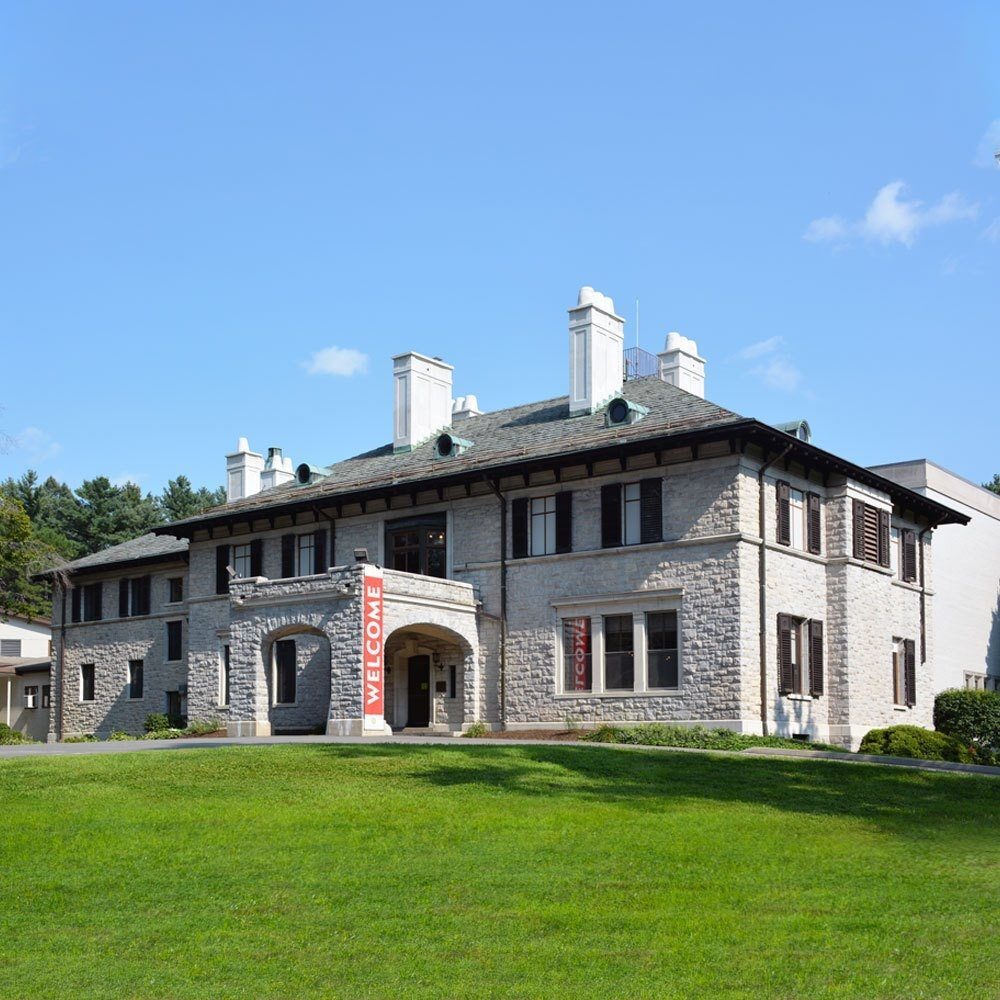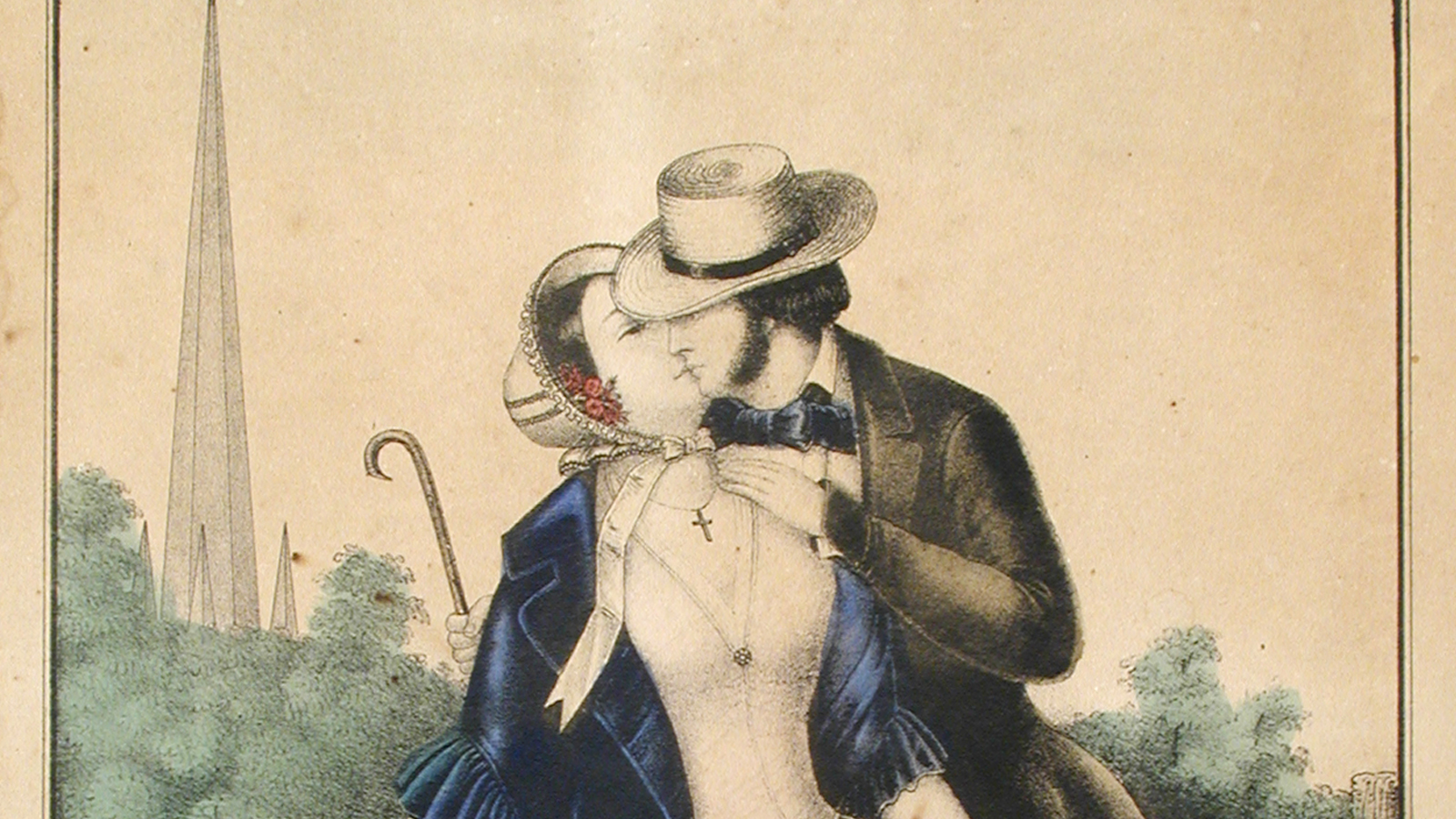Short Attention Span Literary Club
This month, we discuss "Destroyed" by Hilary Mantel.
Bicycles: On the Path to Women’s Rights
What did bicycles have to do with the fight for women's rights? In this presentation, historian Allison Lange will talk about how, in the 1890s, women embraced the bicycle and the freedom of movement that came with it. While their bloomers and independence made critics anxious, many women used bicycles to seek new opportunities.
Inspire Center – New Theme!

The Inspire Center brings history and problem-solving together in a hands-on creative space for visitors of all ages! March's challenge is to invent a new way to clean! Can you make cleaning fun?
Family Program: Paving the Way

Celebrate Women's History Month at the CMCH! Families will play their way through our exhibit The Bicycle Game, learn how the bicycle craze of the 1890s paved the way for women's empowerment, and complete a related craft.
Lunch and Learn: The Politics of Religion in Early National Connecticut
Culture War politics has a long history in the United States. New England Regional Fellowship Consortium grantee Dylan Yeats will share new research on the intertwined politics of religion, race, and the role of government Connecticut in the early 19th century.
Movie Under the ‘Stars:’ “Cloudy with a Chance of Meatballs”

Join us for a FREE showing of "Cloudy with a Chance of Meatballs," a movie about an imaginative inventor and his silly inventions!
Date Night: Sex and Love in the Archives (SOLD OUT!)

Spice up that boring old date night with some historical romance. Bring your beau, gal, or best pal to the CMCH for a “backstage” look at some of the objects in our collection associated with love and lust through the ages. Then, settle down with some wine and chocolate treats while you draw a miniature framed portrait of your partner to take home as a romantic (or just amusing) keepsake.
Lunch and Learn: Connecticut Political Figures and the Chinese Exclusion Act
Two Connecticut senators opposed the Chinese Exclusion Act of 1882, partly due to their friendships with the scholars of the Chinese Educational Mission. Join us to learn more about how their opposition to this discriminatory law laid the groundwork for its eventual repeal.
